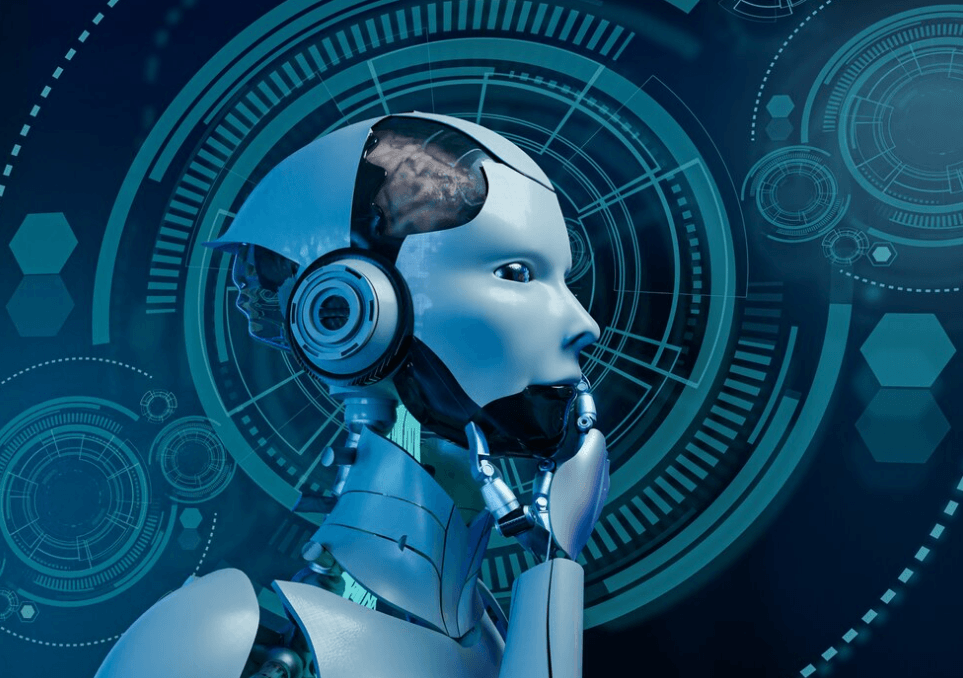Artificial Intelligence (AI) is significantly influencing cybersecurity strategies in 2025, presenting both advanced defense mechanisms and sophisticated attack vectors. As AI technologies evolve, they reshape the cybersecurity landscape in several key ways:
1. AI-Driven Cyberattacks: Cybercriminals are increasingly harnessing AI to enhance their attack methods. AI enables the creation of more convincing phishing campaigns, deepfake scams, and automated attacks, making them harder to detect and counter. This trend necessitates advanced AI-driven defense mechanisms to anticipate and mitigate such threats.
2. Autonomous Incident Response Systems: On the defensive front, AI is powering autonomous incident response systems capable of detecting threats, isolating compromised systems, and automating remediation processes. These systems enhance response times and reduce the reliance on manual interventions, improving overall security posture.
3. Malicious Use of Multimodal AI: The integration of text, image, voice, and code generation through multimodal AI is being exploited by attackers to craft comprehensive attack chains. This approach streamlines and automates various stages of cyberattacks, increasing their efficiency and impact.
4. AI in Social Engineering Attacks: Generative AI (GenAI) is elevating social engineering tactics, with cybercriminals utilizing AI-generated voices and videos to impersonate trusted individuals. This sophistication enhances the credibility of fraudulent communications, making it more challenging for individuals to identify and avoid scams.
5. Emergence of AI-Focused Cyber Units: State-sponsored entities are establishing specialized units dedicated to AI-driven cyber operations. For instance, North Korea’s “Research Center 227” focuses on enhancing hacking capabilities, including the development of AI-driven offensive programs to target adversary networks.
6. Quantum Computing Threats: The advent of quantum computing poses a significant threat to current encryption methods. Quantum capabilities could potentially crack conventional encryption within minutes, exposing sensitive data and critical systems. This looming “Quantum Apocalypse” underscores the urgency for developing quantum-resistant security measures.
7. AI in Cloud Security: Cloud service providers are integrating AI to enhance security offerings. For example, Cloudflare’s AI-driven services aim to bolster network security and provide AI-as-a-Service, positioning the company as a significant player in the AI-driven cybersecurity market.
In summary, AI’s dual role as both a tool for enhancing cybersecurity and a vector for sophisticated attacks necessitates continuous adaptation and vigilance. Organizations must invest in AI-driven security solutions, stay abreast of emerging threats, and collaborate across sectors to build resilient cybersecurity frameworks capable of countering AI-enabled threats.




